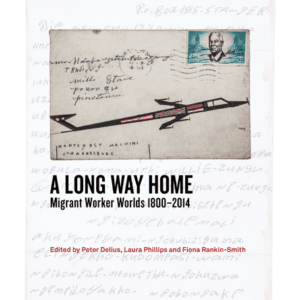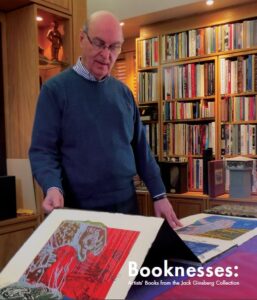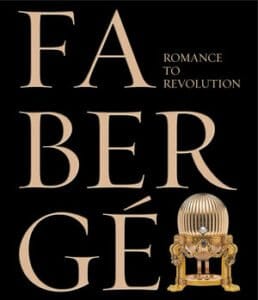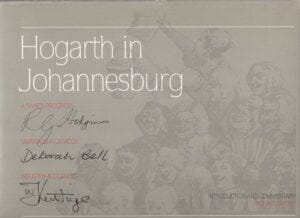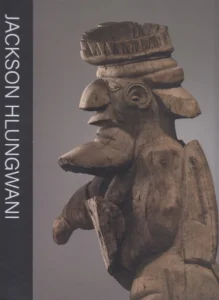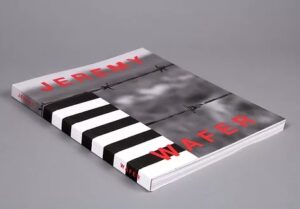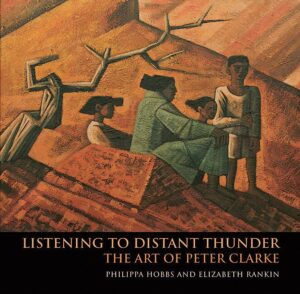A Long Way Home-Migrant Worker Worlds
R400A Long Way Home captures the humanity, agency and creative modes of self-expression of the millions of workers who helped to build and shape modern South Africa.
The book spans a three-hundred-year history beginning with the exportation of slave labour from Mozambique in the eighteenth century and ending with the strikes and tensions on the platinum belt in recent years. It shows not only the age-old mobility of African migrants across the continent but also, with the growing demand for labour in the mining industry, the importation of Chinese indentured migrant workers.
Contributions include 18 essays and over 90 artworks and photographs that traverse homesteads, chiefdoms and mining hostels, taking readers into the materiality of migrant life and its customs and traditions, including the rituals practiced by migrants in an effort to preserve connections to “home” and create a sense of “belonging”. The essays and visual materials provide multiple perspectives on the lived experience of migrant labourers and celebrate their extraordinary journeys.
A Long Way Home was conceived during the planning of an art exhibition entitled ‘Ngezinyawo: Migrant Journeys’ at Wits Art Museum. The interdisciplinary nature of the contributions and the extraordinary collection of images selected to complement and expand on the text make this a unique collection.

